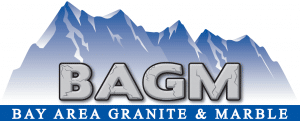- 920-662-1300
- info@bagm.com
- Fox Cities
- Green Bay
- Wrightstown
Materials
Choosing your material type is often one of the most exciting parts of the design process. Each option has its own unique characteristics, and even within the same category, variations can occur. Your BAGM sales associate will guide you through these differences to ensure you select the best product for your project. Different edge profiles available along with and different finishes, depending on the material selected.
Learn how to design beautifully with the right material.
View our live inventory today.
